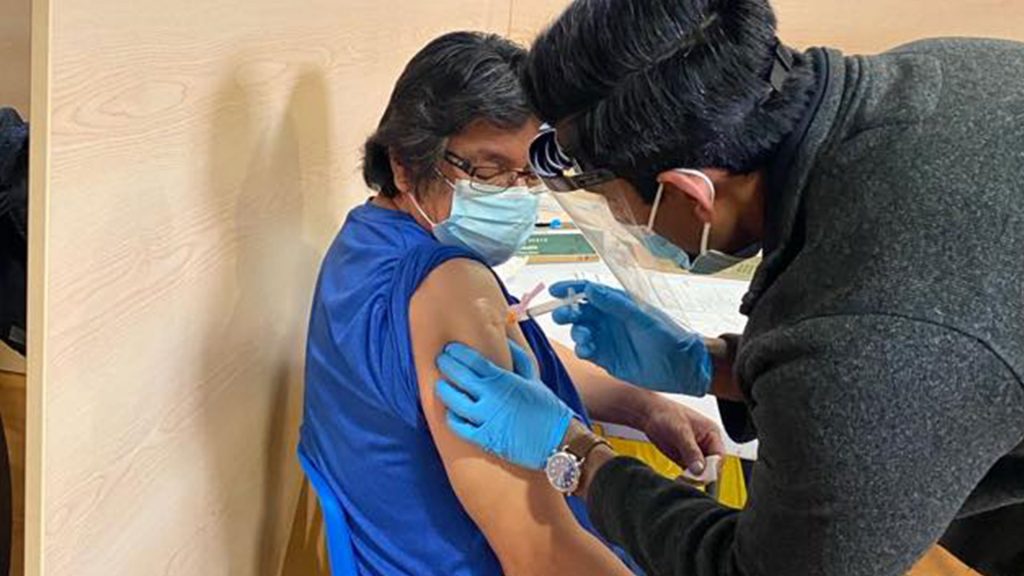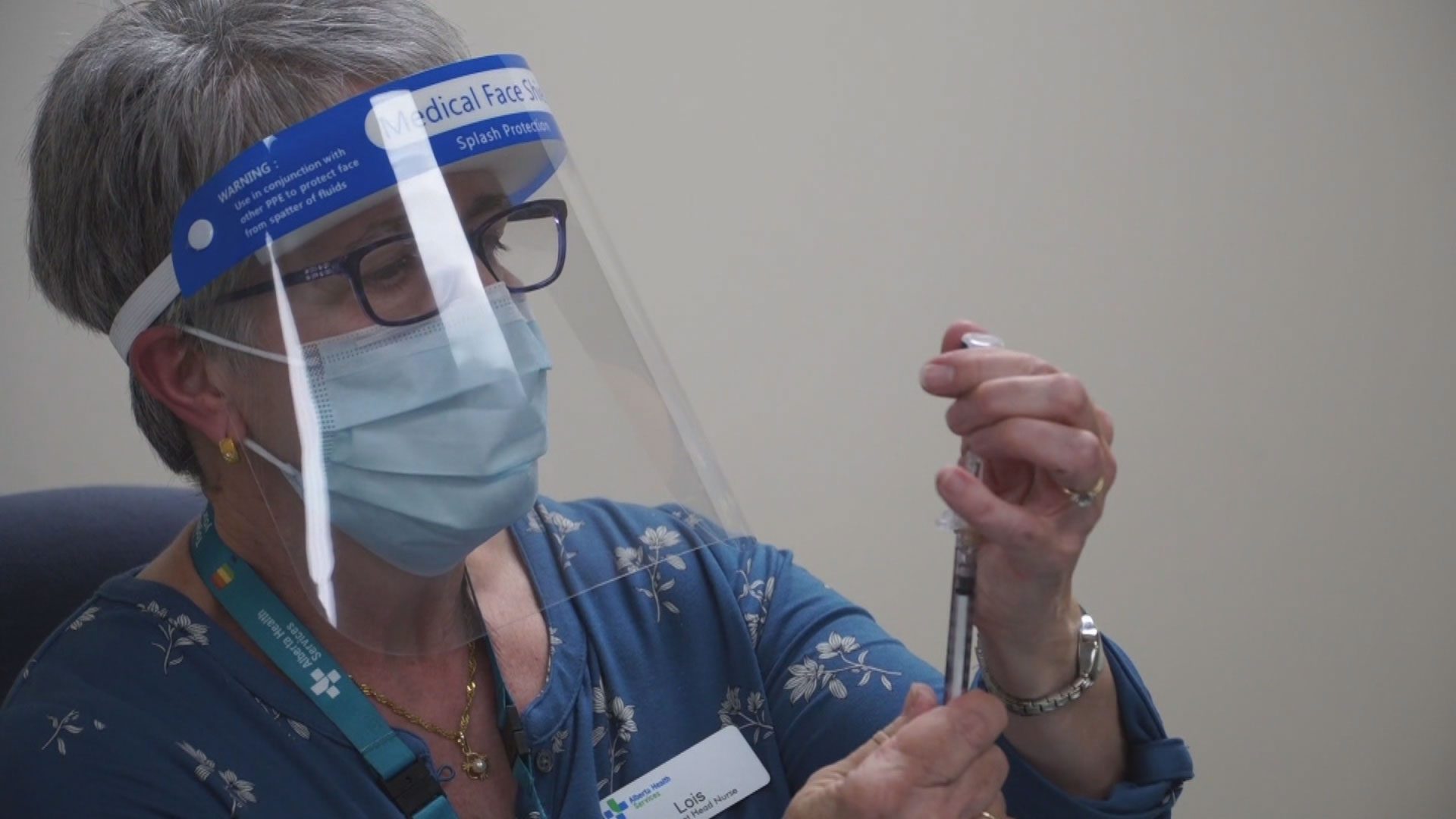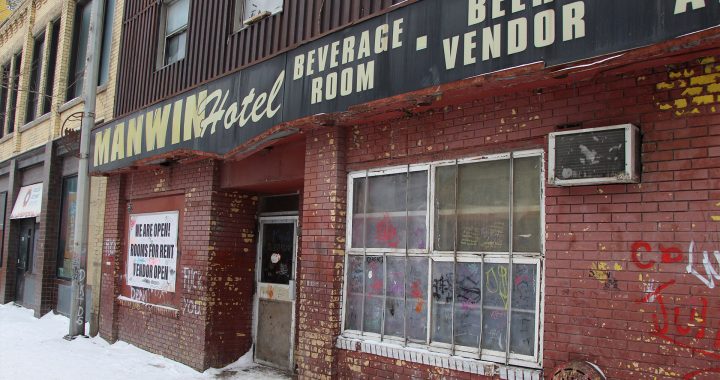
Indigenous adults are being prioritized for a COVID-19 bivalent booster shot in Manitoba. Photo: APTN News file
The Manitoba government says some adults will be able to get a COVID-19 bivalent booster shot later this month as more than 100,000 doses are expected to be delivered to the province in the next two weeks.
Dr. Jazz Atwal, deputy chief provincial public health officer, said appointments are set to open by mid-month for the newly approved vaccine.
People age 65 and up, those with certain medical conditions and all health-care workers will be eligible for a dose. All Indigenous adults and people who live in personal care homes and other group settings are also prioritized.
“The idea here is to protect those most at risk from a severe outcome,” Atwal said Friday.
The bivalent vaccine, which targets both the original strain of the coronavirus and its Omicron variant, was approved this week by Health Canada.

The National Advisory Committee on Immunization recommends people over the age of 18 should be offered the bivalent booster.
If the newer shot isn’t available, the committee said people should instead get a booster shot of the original COVID-19 vaccine.
The fourth dose of the original vaccine is only open to people age 50 and older, as well as priority groups in Manitoba. It will be expanded to anyone age 12 and older on Sept. 12.
He said eligibility for the new vaccine will be expanded to all adults in the next six to eight weeks.
“That’s because the bivalent vaccine is expected to provide additional protection for COVID-19, providing broader protection against two different COVID-19 strains and a greater overall defence for Manitobans,” he said.
Bivalent vaccine
Manitoba is set to get 27,650 doses of the bivalent vaccine next week, and another 77,600 the week after.
As of Aug. 27, 83.1 per cent of Manitobans age five and older had received at least two doses of a COVID-19 vaccine.
Serological testing through blood samples shows 87.5 per cent of Manitobans have had a COVID-19 infection, Atwal said. But, he added, people should get a bivalent vaccine when they become available.
Atwal said there is a good level of protection in the province and there is no indication of a significant increase in severe outcomes due to infections.
“If people are living in fear, they shouldn’t have to live in fear,” he said.










